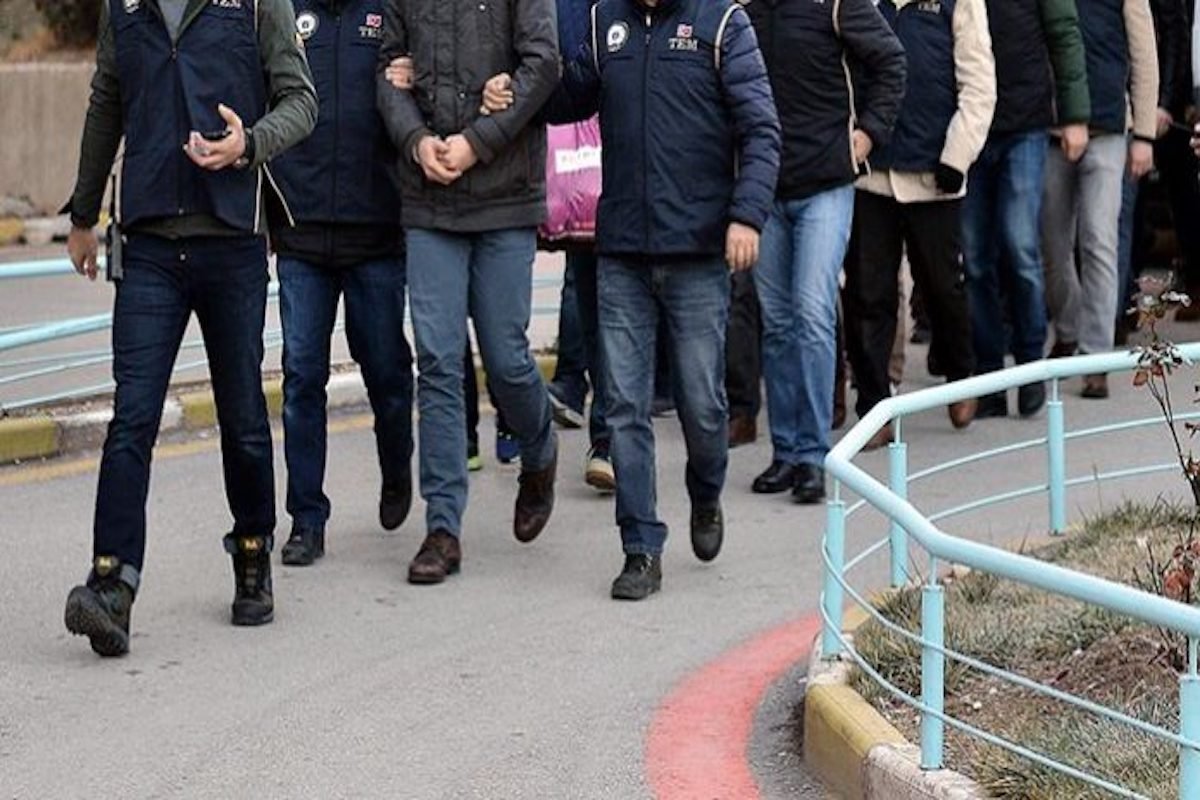Ahmet Kaptan, 65, a retired imam imprisoned on alleged links to the Gülen movement who was diagnosed with pancreatic cancer while in prison, succumbed to cancer on Sunday, Bold Medya news web site reported.
According to his wife, Kaptan started suffering from the disease last year. Yet, he was only taken to the hospital in November 2020 by the prison administration and was diagnosed with chronic gastritis by then.
His condition continued to deteriorate. He lost 22 kilos, nearly 1/3 of his body weight, and was unable to care for himself in the overcrowded ward where he was staying with 42 other inmates.
He was diagnosed with stage four pancreatic cancer on March 9.
Kaptan was arrested three years ago and sentenced to 10 years in prison for association with the Gülen movement. He was released on March 26 due to his poor health. His case was pending appeal at Turkey’s Supreme Court of Appeals.
“They only released him because the cancer was at such a late stage,” his wife Hatice Kaptan said. “When it was diagnosed, the doctor said it metastasized everywhere.”
Turkish President Recep Tayyip Erdoğan has been targeting followers of the Gülen movement, a faith-based group inspired by Muslim cleric Fethullah Gülen, since the corruption investigations of December 17-25, 2013, which implicated then-Prime Minister Erdoğan, his family members and his inner circle.
Dismissing the investigations as a Gülenist coup and conspiracy against his government, Erdoğan designated the movement as a terrorist organization and began to target its members. He intensified the crackdown on the movement following a coup attempt on July 15, 2016 that he accused Gülen of masterminding. Gülen and the movement strongly deny involvement in the abortive putsch or any terrorist activity.
According to former deputy and human rights defender Ömer Faruk Gergerlioğlu Turkish prisoners do not have access to proper healthcare facilities such as hospitals or infirmaries.
Turkish authorities, “refuse to release the prisoners until it comes to the point of no return. They only release the prisoners when they realize they will die soon, not wanting them to die in prison,” Gergerlioğlu said.
















